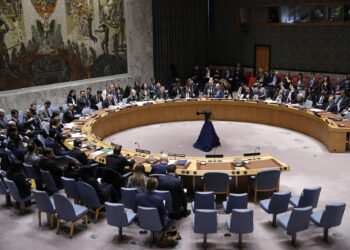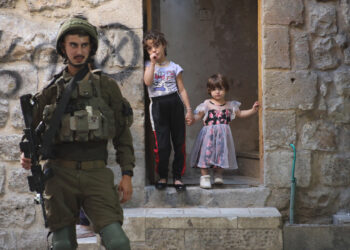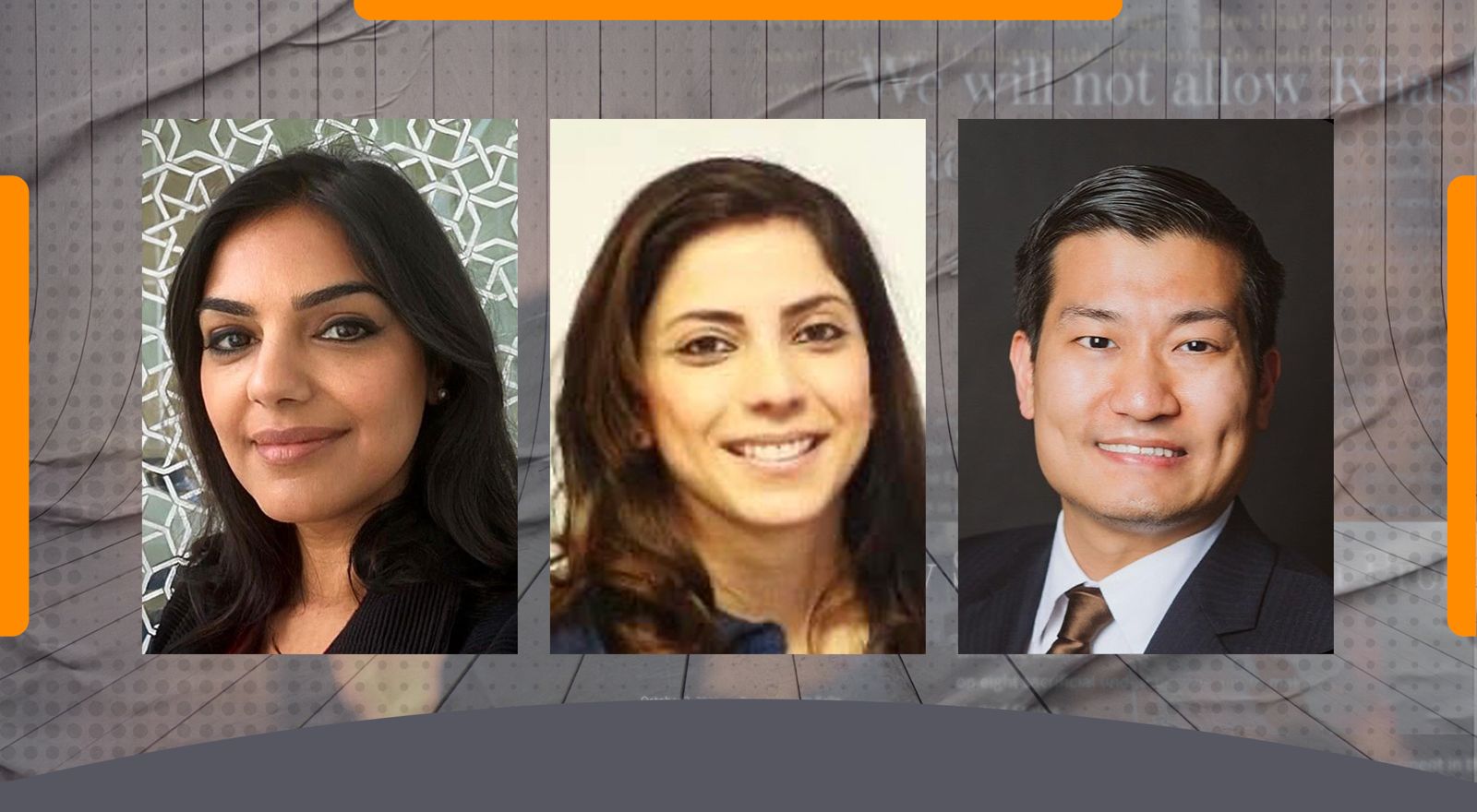In an interview on July 26, 2020 with Democracy for the Arab World Now (DAWN), a former inmate of two of Egypt's most notorious prisons, Al-Azouli and Al-Akrab, shared his brutal experiences of torture and injustice. He told DAWN that Egypt's legal system has no independence, and that prisoners are regularly tortured and even killed without cause, particularly in Al-Azouli prison.
He reported that on January 14, 2014, government authorities raided his workplace, arrested him and brought him home, where they beat his mother and later imprisoned his siblings. He was charged with participating in an act of violence in a part of Egypt that he claims to have never visited before. After refusing to sign a confession and an admission of guilt, he was imprisoned and tortured for more than three years.
The former detainee, a 34 years old university graduate who asked to remain anonymous for fear of retribution, used to work at a pharmaceutical company and belonged to a national music ensemble before his arrest. One month after his release from prison, he escaped to Sudan and eventually found refuge in Turkey.
Excerpts from the interview follow:
What happened when you were arrested?
They arrested me in my workplace. Then they took me to my house nearby.
The leader of the arrest squad didn't even know what I looked like. One member asked me where I was, not realizing it was me they were coming to abduct. I asked him, "Don't you know the face of the person whom you are coming to arrest?"
They hit me with a club on my head and dragged me outside the building. I was in a state of shock. I didn't know why they would treat me like that. There wasn't even a summons or an arrest warrant, and I'm not aware of any official permission to arrest me.
They took me to my house and entered by breaking the door. They assaulted my elderly mother, who is 72 years old. They showed no mercy, dragging her and tearing her clothes apart right in front of me. I told the officer, "I'll sign any confession you want, but please don't attack my mother." The officer replied, saying: "You are infidels. If God comes down, He will do to you what I am doing right now."
I was taken to the State Security offices in the governorate, along with most of my sisters. The journey of interrogation and torture began immediately. They accused me of committing an act of violence somewhere where I've never even been. I told them that I was at work somewhere else during that time and asked them to check my company's records and cameras, but they told me that they didn't need to because they had recorded my calls. I asked them repeatedly to show me evidence of the recorded calls, but the officer refused. Instead he insisted that I was guilty and started torturing me. I pleaded, "I will agree to anything you say. Give me something to sign, but please stop hurting me."
The officer insisted that I must admit to committing those violent crimes – although I kept repeating that I was just a singer in a band, that I had no political or violent history, and that my orchestra and I used to tour around.
The officer told me to stand up and confess immediately, otherwise he would send me to a place where God Himself would not be able to help me. I kept wondering who these men were. I asked myself, were they even human? They certainly didn't act like any other humans I've met.
How long were you detained in the State Security offices?
I was only there for 24 hours, thankfully. After that, they transferred me somewhere very far away – I later learned that it was Al-Azouli prison. During the ride they hand-cuffed me, tied my feet to my neck, and hung me backwards in the car. I felt that my back was going to break. When we arrived, I could barely stand upright, but nevertheless the soldiers there competed with one another about who would get to torture me first.
I was put into solitary confinement and shackled. My hands handcuffed to my neck and a very, very heavy iron chain was tied around my chest and waist down to my feet. Every soldier had an electric stun gun, and each would take turns electrocuting the chain. Then they took the chains off and left me alone in the very narrow cell.
The State Security officer had already tortured me to the point of breaking my teeth. As a result, my lips were stuck to my teeth, and my shoulders were dislocated from the hanging. I couldn't eat by myself, so they brought someone to help me eat, but I still could barely chew food.
They would whip me, spray cologne on my injuries, and keep lashing the same part again and again until they knew I was close to death. I was blindfolded, forbidden to sleep, and lost any sense of time. They called my name and told me that I would be identified as "number five."
Did you feel that the officers and interrogators were confident that they would be protected from prosecution, and as a result they carried out these terrible tortures?
One thing I will not forget is that after torturing me for three full days, they threw me into a large cell with a lot of other detainees. Most were ordinary people over 80 years old without any affiliations or political activities, including an old woman. This prison was not only against the law, it was a place outside of the law where they tortured mercilessly. As far as I knew, this prison was staffed by soldiers who violated military orders.
Are most of the detainees in Al-Azouli Prison from Sinai?
Yes. Well, while I was there at least, most of the other detainees were from Sinai.
Have you spoken with these detainees, and did they tell you the reason of their arrest?
I had the opportunity to speak with some of them. There was a 16-year-old boy named [redacted] from [redacted]. He was taken to the prison after an Apache helicopter hovered above his family's house and soldiers rappelled down and killed his family in front of him. He was only shot in the foot, he told me.
Another detainee was an 80-year-old Sinai resident with heart disease. A doctor who was also in detention told the officer that the man needed immediate help. The officer took out his weapon and shot the sick man dead. He barked, "Anyone who gets ill will be shot dead." I was already injured because of the torture, but didn't dare tell the officer that I was ill.
How long were you detained in Al-Azouli prison?
Three months.
What kind of questions did they ask you during the interrogations?
During the first two weeks of the interrogation, different prison guards asked different questions; they told me "we are 18 officers who will take turns torturing you. We do not want any information. You are like a woman who is being raped. We will take turns torturing you."
After one instance of torture, I lost consciousness and was transferred to Al-Galaa Military Hospital. I was very happy to escape the torture and have my wounds treated in the hospital. But I was surprised, after returning to consciousness, to hear the doctor tell the officer that I was healthy for the moment, and so, "after giving him the medication, you can torture him again."
Once they suspended me naked from behind by tying my hands to the back of my feet. During the torture, midday prayer was called. The officer stopped and said, "I will pray and come back." I asked him if he would allow me to pray. He told me to pray where I was. When the officer came back, probably eight hours later, he asked the soldiers: "Are you still hanging him? He must be dead by now. We don't want him to die yet." I had passed out. The soldiers got me down, but once I regained full consciousness, they hung me up again.
Can you estimate the number of detainees in Al-Azouli prison?
The approximate number of detainees in Al-Azouli probably ranges between 1,500 and 1,800 people.
When did you know that you would be transferred away from Al-Azouli prison?
They called my number and took me to the Military Police and interrogated me. That is when they told me that I would be transferred to another prison.
How did you feel when they told you that you would be transferred?
I felt that I was born again.
When I was at the Military Police installation, an officer approached me and asked me to cooperate and confess, promising that I would only spend a short time in prison. I told him that I had never committed any crime at all. He said to me "We know you are innocent, but you must admit to it so as to not embarrass the officers who arrested you."
I argued a little with him, until he told me that other suspects had been arrested and confessed to committing this crime. They would be sentenced to death. I asked to call my mother, and he said not to worry because, "your mother is still alive." I told him that the officer arresting me beat her in front of me. He said, "that beating doesn't kill, don't worry." He then told me to write a credible version of my participation in the terrorist act.
In the official investigation before the public prosecutor, I refused to confess to the false accusations. I was surprised to learn that the lawyer assigned by the prosecution to defend me also asked me to plead guilty to the false story that the police officers had dictated. But then again, my lawyer was probably paid by the state.
After this, I was transferred to Al-Akrab Prison. They flogged me a little there, too.
How did you feel when you entered Al-Akrab Prison?
I felt like I had been sentenced to death. Al-Akrab prison consisted of four sections, each called H. The total number of detainees at this prison was about 180. The prison population included the leaders of the Muslim Brotherhood and members of President Mohammed Morsi's administration.
I wasn't tortured at all during my first year in Al-Akrab prison. I was allowed to see visitors for three minutes at a time and calls were allowed. All this, however, changed after the assassination of the Attorney General, Hisham Barakat.
Was your lawyer able to visit you?
Once, before 2015. Everything changed after the assassination. We were startled by the sudden abuse. Police dogs attacked us; the officer and soldiers threw tear gas at us inside our cells; they stripped us of everything – medicine, food, clothes. All of us prisoners were so weak due to malnourishment. And they put me in the disciplinary cell for three months.
For how long were you detained in Al-Akrab Prison?
Two and a half years, then I was transferred to a place called the National Security Refrigerator for one month. Finally, I was released and taken to the police station close to my home. They fabricated 25 protest charges against me. The national security officer told me, "You should come back here and report to us in a month after getting some medical attention."
I went back home for a month, then fled to Sudan via land borders, without proper identification documents. I don't even own a passport. I decided to leave because I do not think that there is a country on earth more unjust than Egypt.
My mother passed away a week ago, while I am living here as an expatriate in Turkey. You can imagine how sad I am for losing my mother while I was far away from her.
I know that you have trouble regarding to your identity documents. Is it possible for you to tell explain to me the issue?
I fled Egypt through the land border with Sudan without any identity documents. I traveled from Khartoum to Istanbul with a Turkish single-use travel document that was delivered by the Turkish authorities, as I was in danger of being deported from Khartoum back to Cairo. The Turkish authorities sympathized with me and agreed to grant me a travel document.
If the Egyptian government reads this interview transcript, what would you like them to know?
To the Egyptian regime, you will be deposed. Your days in power are limited. But we will not treat you in the same way you treated us; we will prosecute you all through a fair trial.
*This interview was conducted on July 27, 2020 by DAWN*






































